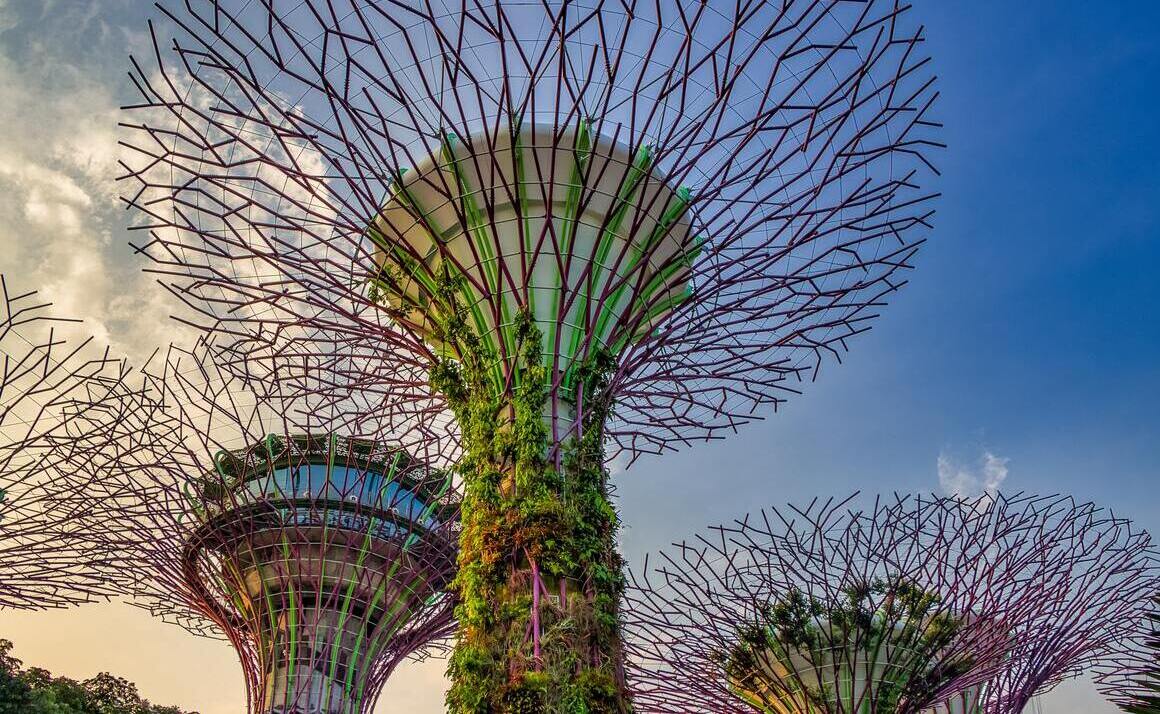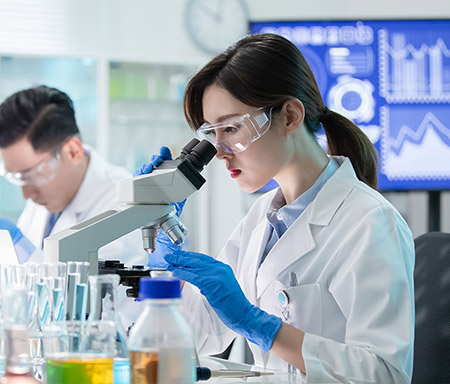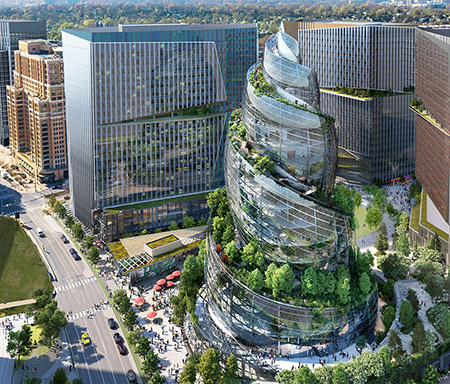
Life sciences in Singapore
Singapore is developing into a hub for the booming life sciences industry, increasing demand for high specification real estate.
Recently, Lendlease announced that it would be developing a vaccine facility in the city for an unnamed client. The move follows news that three major pharmaceutical companies – BioNTech, Sanofi and Thermo Fisher Scientific – have plans to set up vaccine manufacturing facilities in the city state. Other leading life sciences companies with activities in Singapore include Johnson & Johnson, Novartis and CIBA vision.
John Liu, associate director, research & consulting, at Savills Singapore, says: “While many key industries in Singapore continue to confront unprecedented changes and uncertainties amid the COVID-19 pandemic, the life sciences industry has remained a consistent outperformer and is poised to continue its exceptional growth trajectory.
“According to the Economist Intelligence Unit (EIU), average compound annual growth in pharmaceutical spending in Singapore is expected to remain strong at 6.1% for the period between 2018 and 2022.”
Singapore is one of the top 20 science cities in the world, according to Savills research, and is also rated as the most business-friendly science city. The Science Cities research ranks cities on the basis of their talent pool and universities, hospitals and R&D facilities, funding environment, business environment, lifestyle and property costs. Other leading science cities in Asia Pacific include Shanghai, Beijing, Suzhou, Tokyo and Sydney.
As well as the business environment and lifestyle offered by Singapore, laboratory space in the city is relatively inexpensive; at $41 per sq ft it is the 10th most costly and also substantially cheaper than Singapore office space. In London, for example, lab space is more than twice as expensive and nearly as costly as the city’s office space.
The growth of life sciences companies has been “a significant boon to the commercial and industrial real estate sectors in Singapore,” says Liu. “Many of the life sciences companies targeting the city-state as a site for their regional headquarters require a diversity of spaces to support both their commercial (such as supply chain management, regulatory and medical affairs, rep offices) and industrial (manufacturing and R&D space) activities.”
The government has played a pivotal role in cementing Singapore’s status as a hub for life sciences real estate, says Liu. “Forward-looking and judicious land use plans and policies, where suitable land is set aside and allocated to support efforts in rejuvenating its legacy industries and the development of new areas of growth.
“This has helped culture a healthy diversity of spaces, especially in the industrial sector which generally houses most of the life science activities. The development of specific life sciences industry clusters, such as one-north, MedTech Park and Tuas Biomedical Hub, have also created deep value chains which offer complementary cluster effects to new life science entrants. In Q3/2021, there was about 546 million sq ft of industrial space in Singapore, of which close to 35 million sq ft is business park and high-spec industrial space, which typically caters to businesses engaged in high-technology, R&D, high value-added and knowledge intensive activities.”
Singapore has been promoting the life sciences industry since 2000, and its Research, Innovation and Enterprise (RIE) 2025 Plan continues to treat life sciences as a pillar of the local economy. More broadly, the city-state is investing heavily in healthcare, to support its ageing population, and in R&D.
Further reading:
Science Cities report
Contact us:
Simon Smith



